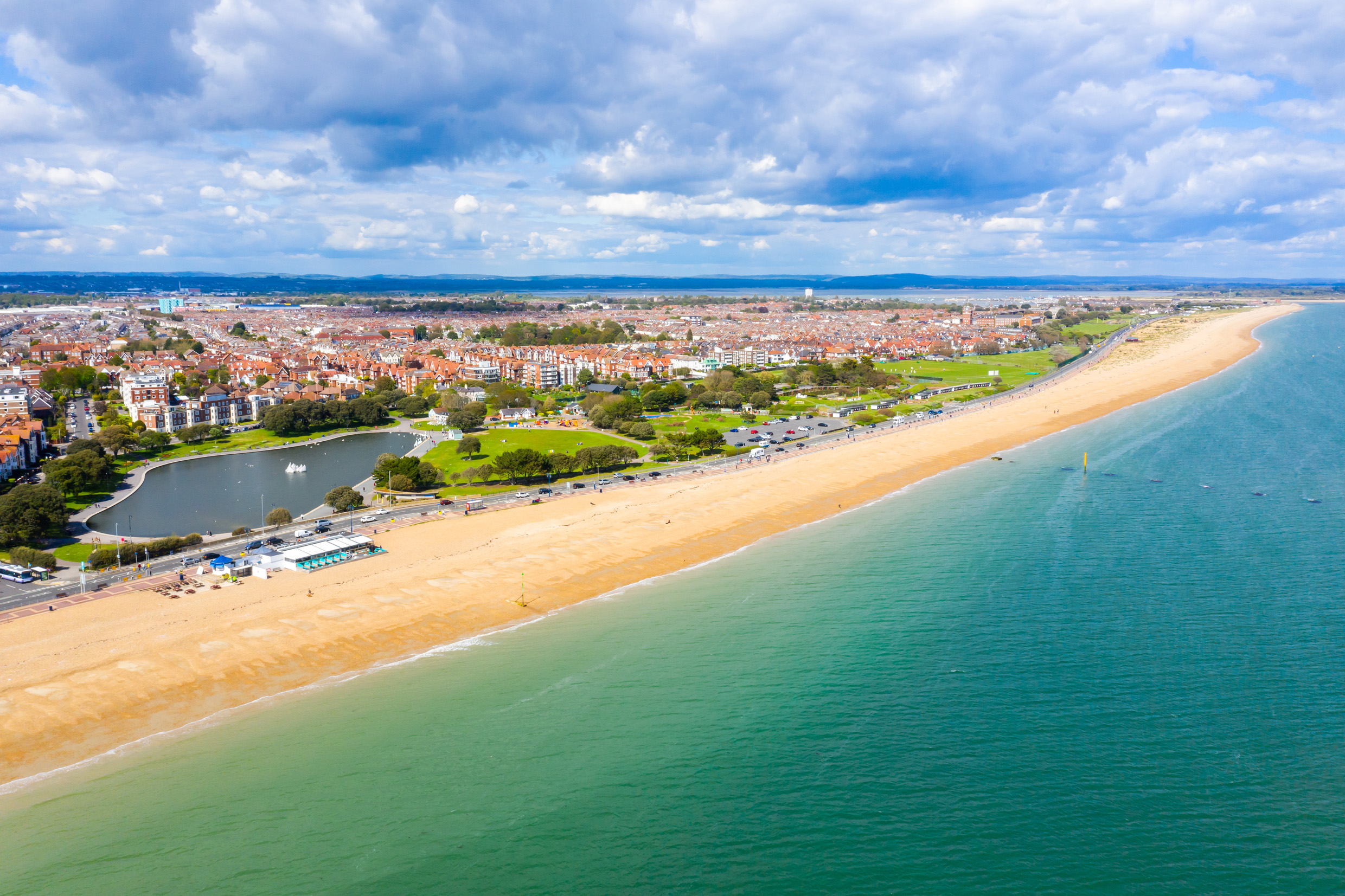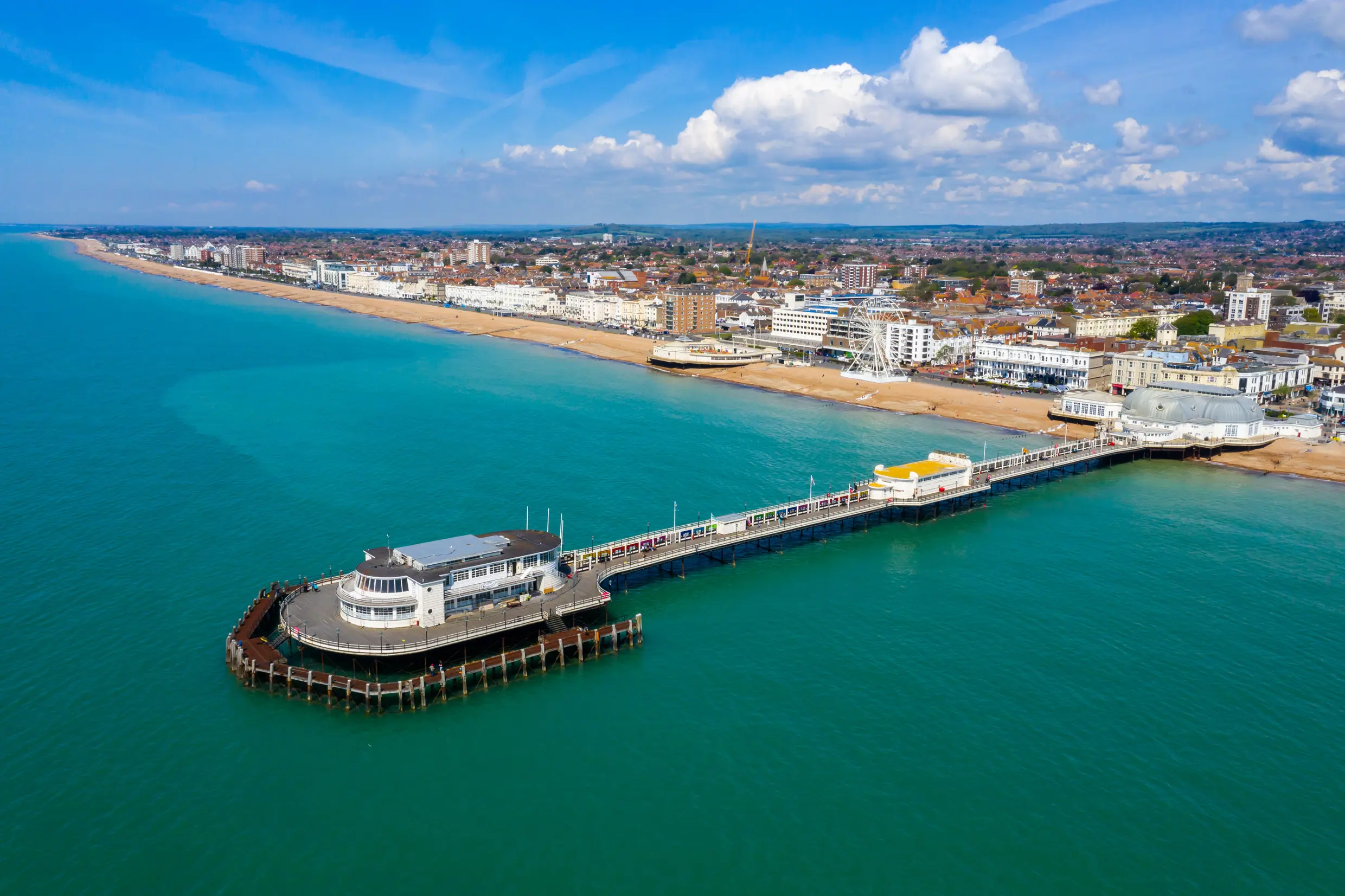
Busy year for Southern Water’s Bathing Water Improvement Squad
We're committed to playing our part in improving bathing waters across our region - here's an update on the team's work
Looking after 700 miles of coastline across our region
Few things are as important to Southern Water and its customers than the quality of water at the 87 designated bathing waters around the more than 700 miles of coastline in our beautiful region.
The factors that influence quality are many and complex – including surface drainage or run off from roads and farms, animal life whether dogs or seabirds and human behaviour on beaches.
Southern Water has an important role to play ensuring our wastewater works comply with regulations and keeping our 49,000km of sewer in tip top condition – clear of fatbergs and cracks and leaks sealed. We also have a dedicated team of sewer detectives who track down facilities illegally connected to the surface water network by careless or cowboy builders.

We are also working hard to cut storm overflows across our region, as set out in our £1.5bn Clean Rivers and Seas Plan. But these are used to prevent communities from flooding when our sewers have been overloaded by excess surface or groundwater. We make sure we declare these on our website – whether the outfall is into the sea or a river modelling any possible impact on bathing waters.
Where our work is making a difference
Highlights in Sussex include the discovery of a new restaurant in Worthing where everything coming out the kitchen was being dumped into surface water drains and so making its way to the beach untreated.
Kent highlights included disconnecting broken cess pits near Littlestone and connecting the properties to our network for the first time, the formation of a multi-agency taskforce to investigate poor water quality around Folkestone and Dymchurch.
Probably the most important discovery in Hampshire was a leaky sewer pipe belonging to Southsea Pier.
Tom Gallagher, Open Water Improvement Lead, said:
“We saw a sudden rapid decline in water quality at Southsea which we were sure did not relate to Southern Water’s assets or processes.
“Finding the leak - and with the support of the council ensuring it was fixed - should make a real difference.
"This private sewage pipe had been dripping into the sea right beside the Environment Agency sample point – it's no surprise harmful bacteria were being detected.
“We're working really hard to play our part in improving bathing water but it really is all about partnership – with councils, charities, NGOs and regulators such as the Environment Agency. It's really encouraging how well we are working together.
“There are a lot of challenges right now, but working together we can meet them.”
